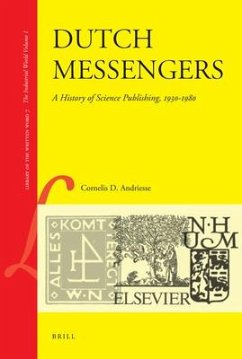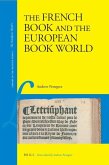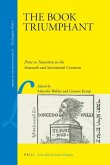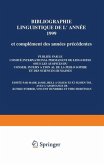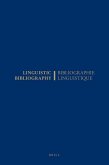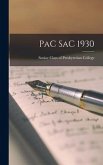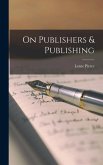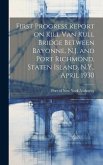In this pioneering work, based upon interviews with many of the surviving protagonists, Cornelis ('Cees') Andriesse tells the story of the role that Dutch publishing houses played in the rise of English language commercial science publishing after the Second World War, that was preceded by the decline of science publishing in German. Using the existing literature as well as many privately held archival sources, the author follows the fortunes of the leading publishers, Martinus Nijhoff, Elsevier and North Holland while also briefly discussing smaller houses like Dr. W. Junk and Reidel. The book contains lively portraits of the main characters involved and will no doubt stimulate further research and discussion of the role of publishing in the history of science. The authors' main thesis that successful publishing requires a strong, fruitful partnership between an academic publisher and an academic editor, will no doubt convince most readers. This is a great book on the most productive friendships and partnerships in the history of science publishing.
Hinweis: Dieser Artikel kann nur an eine deutsche Lieferadresse ausgeliefert werden.
Hinweis: Dieser Artikel kann nur an eine deutsche Lieferadresse ausgeliefert werden.

